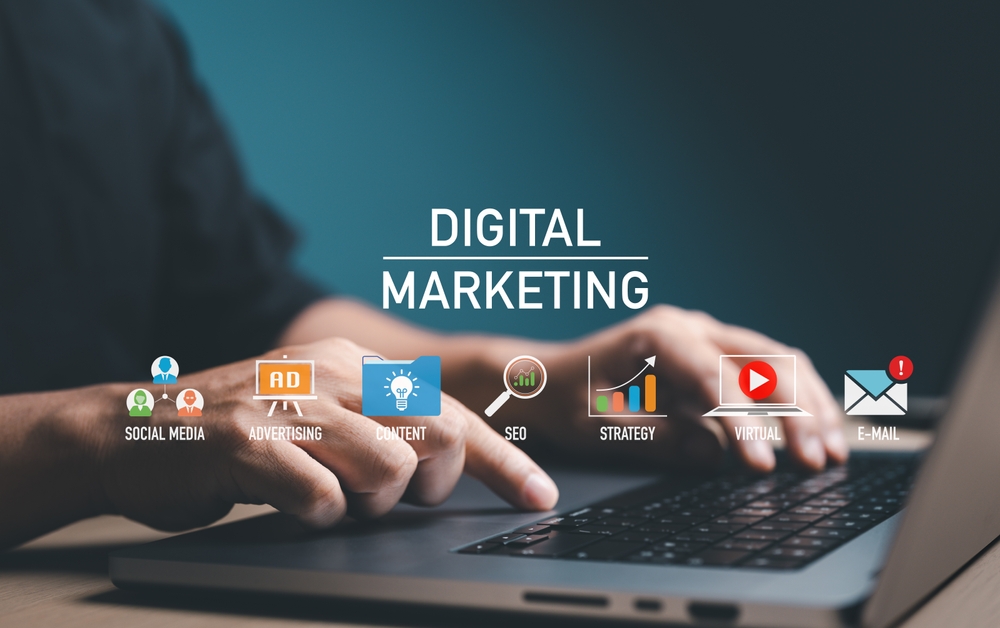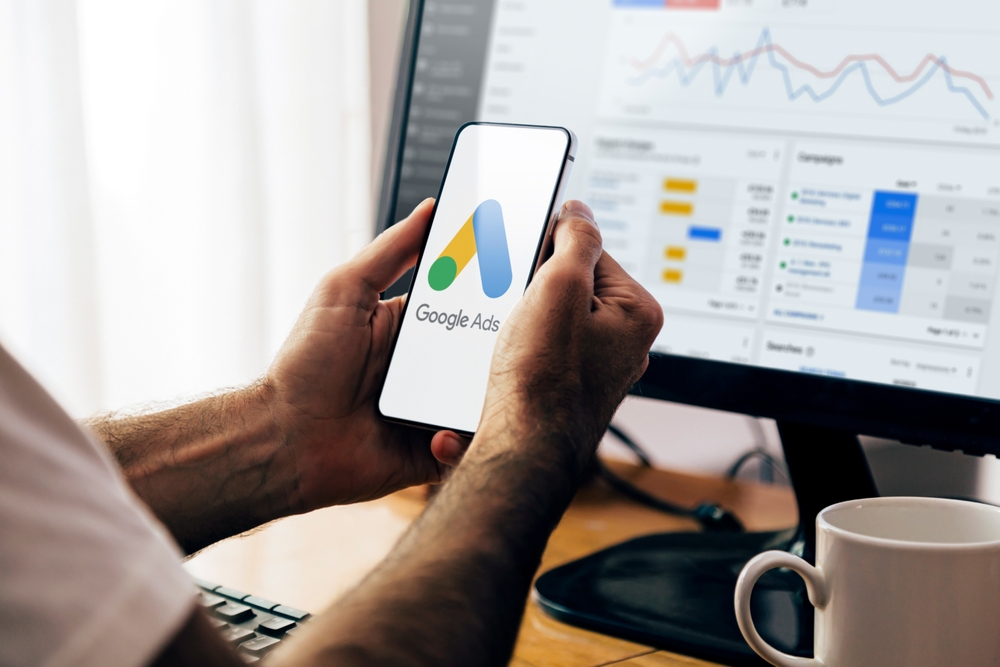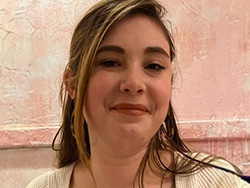Healthcare marketing is no easy feat. Communicating sensitive and critical information about personal health while keeping the public informed requires a delicate balance. And, with the media landscape more fragmented than ever before, healthcare marketers need to work twice as hard to ensure their message is reaching the right people at the time when they need it most.
This is especially true for drug rehab centers where the stakes are high. According to the Substance Abuse and Mental Health Services Administration, approximately 54.6 million people aged 12 and older needed treatment for a substance use disorder in 2022, but only 26% received substance abuse help. Drug rehabs need to prioritize lead generation efforts to get their services in front of the people who need them.
Fortunately, there is a range of strategies — from SEO and content marketing to targeted advertising to conversion rate optimization — that help drug rehab centers better connect with patients. Here, we detail everything you need to know about lead generation for addiction treatment centers to grow your business and expand your client reach.
Why Is Lead Generation for Drug Rehabs So Important?
Rehab centers are local businesses. They have a very targeted market, focused on residents within the geographic area. Lead generation ensures that rehab centers reach individuals and families in their community who seek help. Empty beds aren’t just a loss of revenue but also a missed opportunity to help people in need.
Who Is the Target Audience of Lead Generation for Drug Rehabs?
Before generating leads, a rehab center needs to understand who their lead is and what they seek:
- Addicted individuals seek immediate and empathetic support, along with effective treatment options, so they can get the support they need.
- Families or friends of patients seek information, support, and reassurance about the efficacy of treatment options so they can best support their loved ones.
- Healthcare professionals seek trustworthy partners with reliable treatment options, evidence-based practices, and professional communication.
Starting with this foundation of personas empowers rehab centers to develop content and targeting strategies that deliver the most effective results.
What Channels Drive Lead Generation for Drug Rehabs?

Search Engine Marketing (SEM)
SEM, frequently called paid search, enables drug rehabs to directly target people who are actively searching for treatment options, including by location. Pay-per-click (PPC) is the most common form of paid search, bidding on specific keywords and demographics based on each center’s goals.
This requires compelling copy addressing the urgent needs of potential clients and highlights the center’s unique selling points, such as specialized treatment programs, success rates, and support services. Optimized landing pages with clear calls-to-action (CTAs) are also important pieces of the puzzle. These pages should speak effectively to audience needs and provide easy access to contact forms or sign-up pages.
Paid search allows drug rehabs to get granular with who they are reaching at the exact time that they are actively searching for specific treatment options.
Search Engine Optimization (SEO)
SEO helps rehab centers organically rank higher in search engine results. A strong keyword strategy is needed to effectively take advantage of SEO benefits, driving traffic directly to the website. This includes:
- Working backward from the prospect’s search terms to optimize for the right keywords
- Understanding competitors’ strategies to grab market share
Rehab centers also need to optimize SEO locally. Claiming Google Business listings, encouraging reviews, and ensuring business information consistency across all platforms are just some of the steps that rehab centers can take to optimize locally.
Developing SEO-optimized content that addresses the unique needs and questions of target audiences is an essential part of the strategy, encouraging prospects to seek treatment services. This lays the groundwork for an effective lead generation pipeline.
Social Media
Social platforms offer a different avenue for drug rehabs to engage with their community and build relationships with potential clients and their families. Drug rehabs should carefully consider which platforms their audience is most engaged on and what kind of content is most appropriate for the channel, such as success stories, educational posts, and program updates.
Targeted social ads can also be leveraged to effectively reach prospects who may or may not be searching for support at the moment. Seamless integration into the feed can position treatment as a natural next step. Ultimately, drug rehabs should be most focused on fostering authentic conversations with target audiences and delivering community support at different touchpoints.
Referral Marketing
Referral marketing leverages existing relationships with professional partners who know healthcare and can generate new leads through trusted recommendations, including:
- Healthcare partnerships involve developing relationships with doctors, therapists, and hospitals who share the same commitment to quality care. Drug rehabs should provide these partners with information about their services and success rates and offer to collaborate on patient care to support people throughout their addiction journey.
- Community partnerships involve working with organizations helping at-risk populations, such as shelters, schools, and nonprofits, to reach more people in need. Drug rehabs should offer educational sessions or workshops to raise awareness about addiction and available treatments.
Reward these partners with financial incentives, recognition, or reciprocal referrals for bringing clients to the rehab center.
Email is a strong tactic for nurturing leads. Tailoring emails based on each persona, whether it’s an addicted patient, a friend or family, or a healthcare professional, is crucial so as to resonate with their interests and needs. Drug rehabs should plan to maintain a steady cadence of communication to build trust and encourage prospects to schedule a consultation or take another action. People are at different stages in the treatment process and require custom communication to push them toward the most appropriate end result. Consider what kind of content is most appropriate and tailor email campaigns appropriately.
What Conversion Points Enable Lead Generation for Drug Rehabs?
Conversion is the cornerstone of lead generation. In order to move prospects down the marketing funnel, drug rehabs need to identify ways to convert. Below, we detail several opportunities drug rehabs can offer to capture prospect information and nurture them in the pipeline.
- Newsletters: Encourage website visitors to sign up for an email newsletter in exchange for access to exclusive content or resources. Newsletters are a powerful way to further solidify the center as an expert voice.
- Educational Resources: Offer downloadable resources such as e-books, guides, or checklists that provide valuable information about addiction and recovery. Families of patients are often looking for educational resources to help them approach the process appropriately. By providing value, drug rehabs can position themselves as an expert source and start building relationships.
- Social Media Follows: Promote social media followings to help prospects stay updated on the latest news and resources. The value of building a social media following is two-fold. Drug rehabs can not only increase their brand visibility and interactions with prospects but also build a community of loyal ambassadors.
- Insurance Verification Form: Provide a free insurance verification form to help potential clients understand their coverage options and reduce financial concerns. This not only brings prospects into the funnel at a later stage but also provides them with information they need to feel supported in their journey.
Measure Success in Lead Generation for Drug Rehabs

Your lead generation strategy is only as effective as your measurement framework. Drug rehabs need to understand how their efforts are performing against media spend to gauge success. Additionally, they need to understand which channels are most effective in driving new leads. Start with a clear understanding of KPIs to quantify success, including:
- Cost per Acquisition (CPA): Calculate the cost per acquisition for each lead generation method to understand the return on investment (ROI) and allocate budgets effectively.
- Lead Quality: Assess the quality of leads by tracking how many convert into paying clients. Use CRM software to manage and analyze lead data, ensuring follow-ups and nurturing are timely and effective.
- Cost per Lead (CPL): Gauge the effectiveness of your sales and marketing efforts in turning leads into customers. A high conversion rate means your lead nurturing and follow-up processes are working well.
- Return on Investment (ROI): Measure the profitability of your lead generation efforts by understanding how your efforts are generating more revenue than the costs involved.
Keeping a close pulse on these metrics will allow rehab centers to continuously optimize their investments toward the channels that matter most. Understanding the quality of leads is an essential part of this process; merely bringing in a large quantity of people doesn’t necessarily equate to delivering the right people. Low-quality leads can result in wasted time and effort.
Get More Leads for Your Treatment Center
Lead Media specializes in helping drug rehabs deliver content and campaigns that cater to specific audiences. We have a decade of experience managing a portfolio of 30+ websites that span 40,000+ rehab centers across the United States.
We can break down the complicated media landscape with expert insights into the most effective content and metrics so you can focus on delivering life-changing support. Our goal is to boost brand visibility and build a pipeline of prospects.
Our services span audience targeting, creative and copy development, and data-driven optimizations to ensure you’re getting the most bang for your buck.
Reach out to us today to get started.

Abbie Baxter is an experienced content writer who is passionate about helping brands support, educate, and connect with their audiences. She has worked with a range of organizations spanning technology, healthcare, marketing, real estate, transportation, and more. Abbie brings a deep understanding of the nuances of healthcare marketing, as well as the rapidly-evolving digital landscape, to deliver informative, relevant, and timely content.

